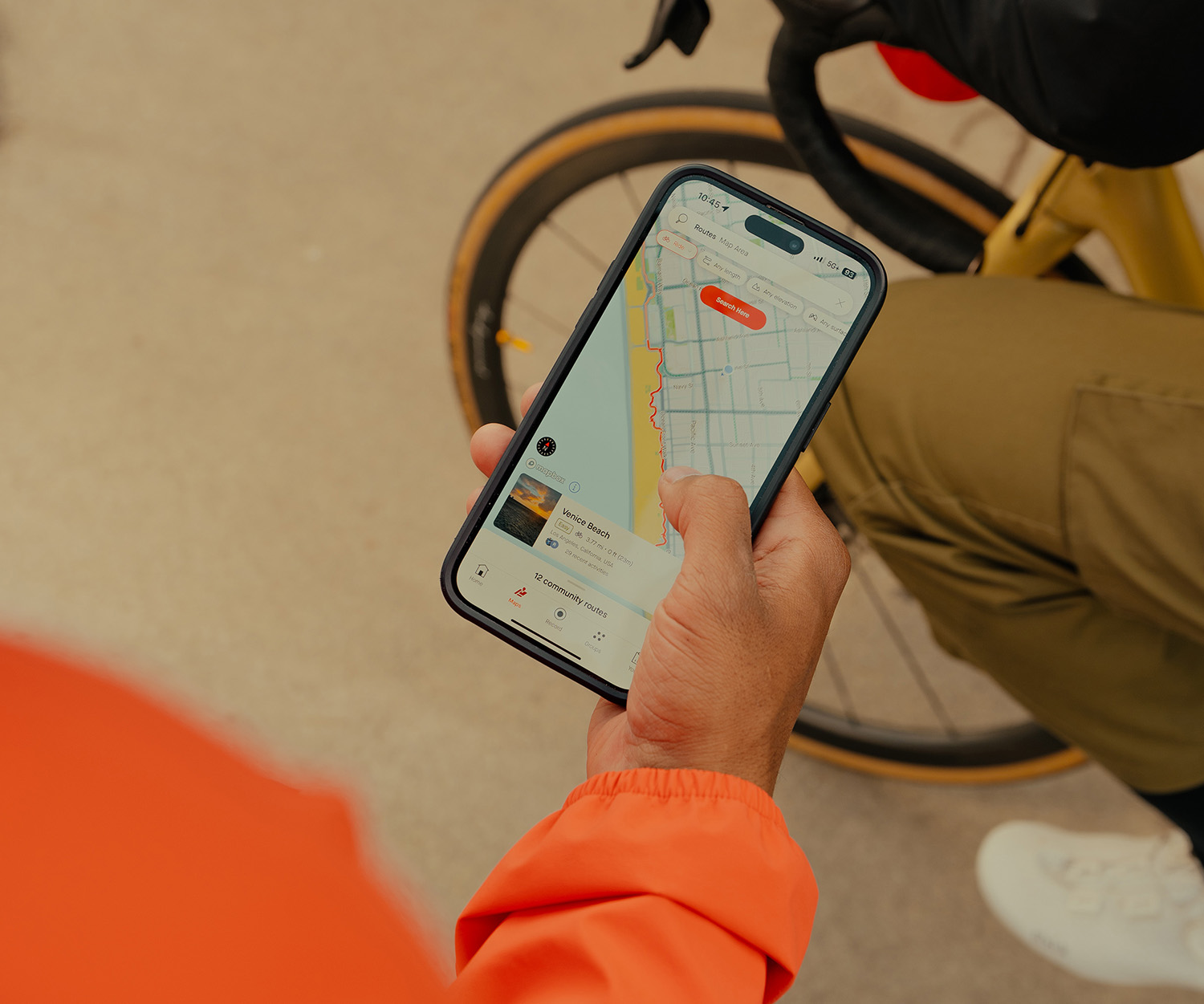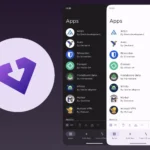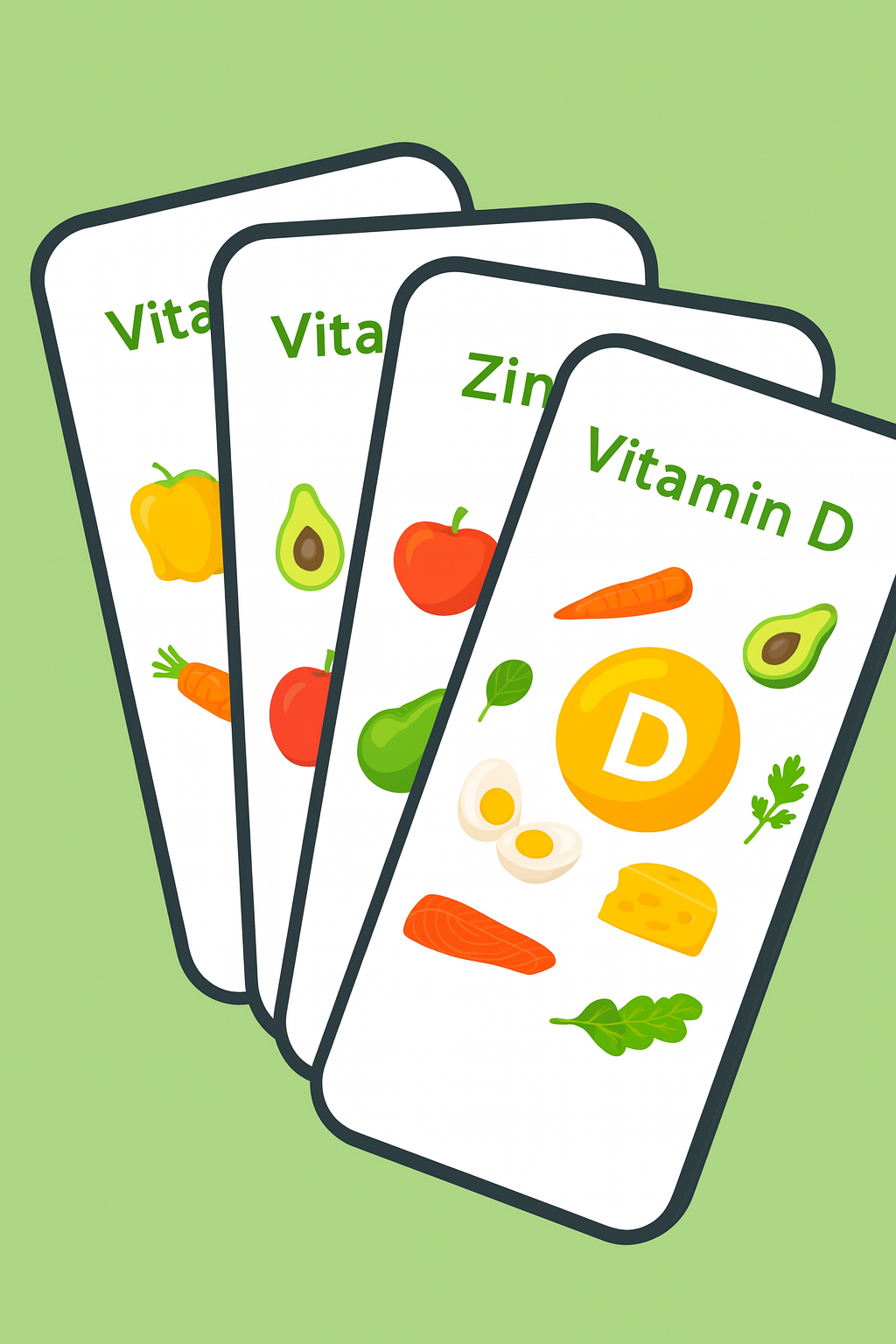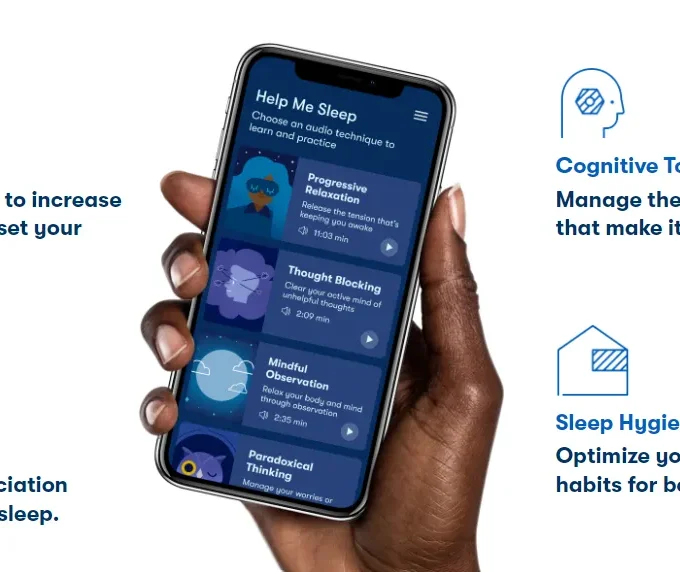When exercise feels lonely, a challenge turns a walk into a quest and your notifications into friendly nudges from people chasing the same goal. On Android, several well-established apps run community challenges – from step duels and neighborhood leaderboards to charity kilometers – so you can move more without going it alone.
Below is a practical, fact-checked guide to the best options right now, how they work, and what to watch for as an APK user.
Why Challenges Work In 2025
Challenges combine three ingredients that keep people moving: clear rules, visible progress, and social accountability. Android’s health data hub, Health Connect, makes cross-app syncing easier while keeping data stored locally on your device and under your control (you explicitly choose which apps read or write which data). That’s useful when one app logs steps and another runs the leaderboard.
If you’re aiming for broadly recommended activity targets, the WHO 2020 physical-activity guidelines still stand in 2025: adults should do 150–300 minutes of moderate or 75–150 minutes of vigorous activity weekly (or a mix). Challenges can help you get there with bite-size goals.
Real Android Apps With Strong Community Challenges
1) Strava – Global Challenges, Clubs, and Leaderboards

Strava runs an ongoing Challenge Gallery in the mobile Groups tab (distance, elevation, time-based goals). Rules and eligibility are spelled out per challenge, and public leaderboards require eligible activities to be visible to “Everyone.”
In 2025 Strava also highlighted AI-assisted route planning and continued machine-learning tools that help keep leaderboards fair by filtering inaccurate activities – useful when competition matters.
Best for: Runners, cyclists, hikers who like public competition and route discovery.
2) Samsung Health – “Together” Friend & Global Challenges
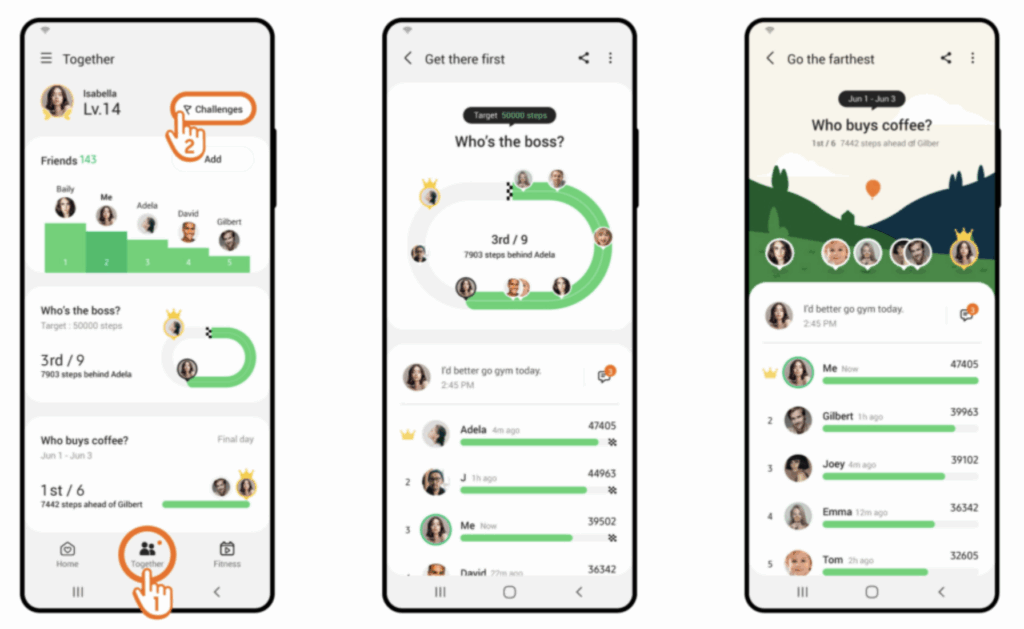
Samsung Health’s Together feature lets you create or join step challenges with friends or participate in global events – baked right into the Android app’s social pane.
Best for: Everyday walkers who want simple step duels or team challenges without extra accounts.
3) adidas Running (formerly Runtastic) – Events, Rewards, and Charity Minutes
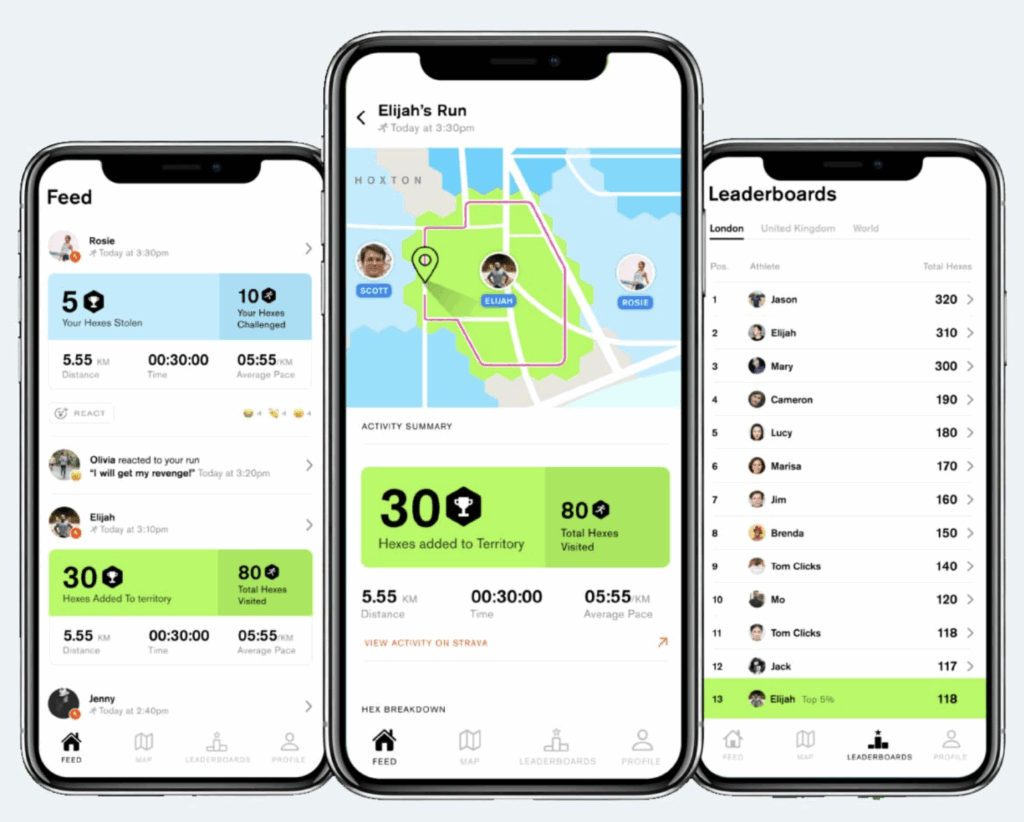
The adidas Running app lists challenges/events and tracks all major cardio activities. In 2025, adidas ran “Move For The Planet,” donating €1 for every ten minutes of activity logged in adidas Running or Strava during the event window (up to €1.5M), showing how challenges can tie movement to real-world impact.
Best for: Runners and walkers who enjoy brand-backed events, rewards, and occasional cause-based campaigns.
4) MapMyRun (Under Armour) – Create Your Own Friend Challenges
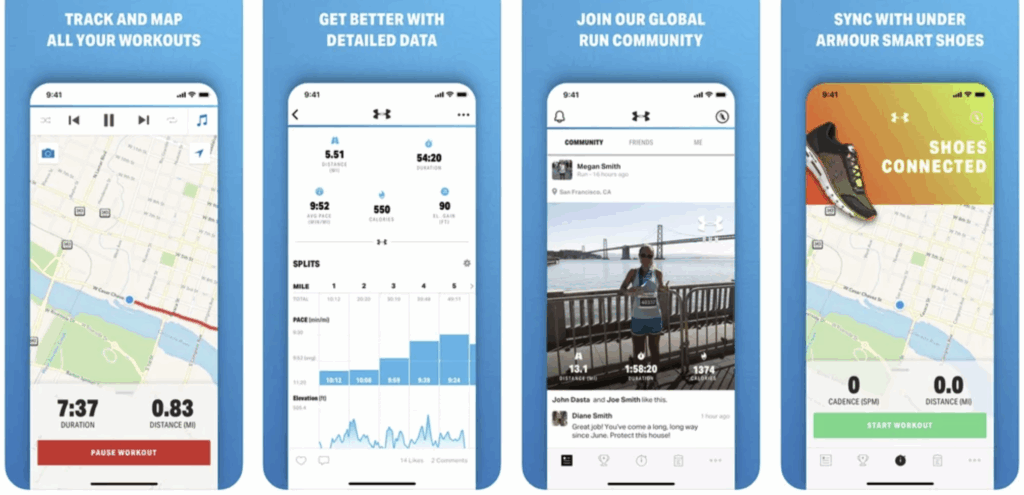
Under Armour’s MapMyRun supports user-made challenges (choose the activity type, duration, and invite friends). It also hosts official challenges with prizes and social cheering.
Best for: Groups of friends who want simple DIY mileage or time goals.
5) Sweatcoin & StepBet – Rewards And “Skin In The Game”
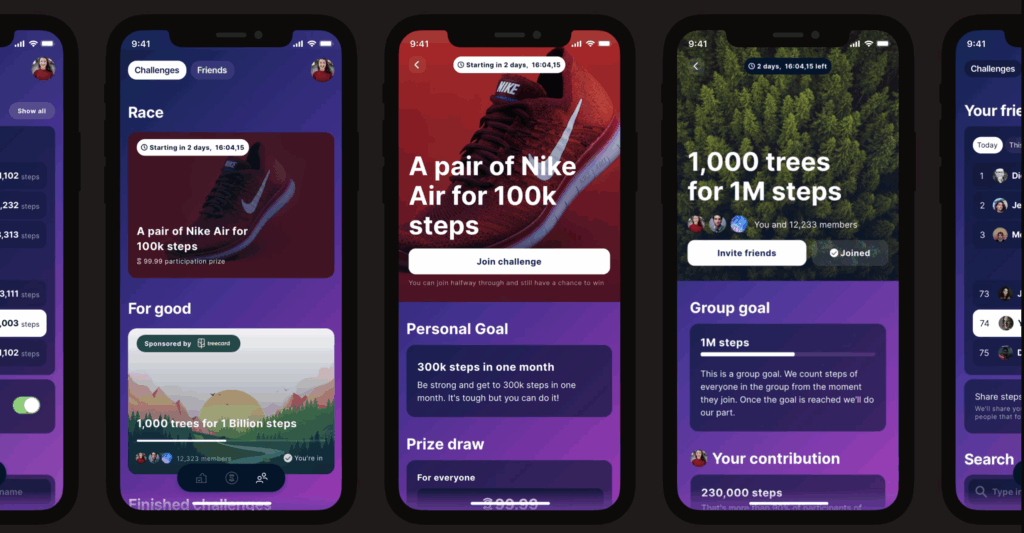
- Sweatcoin converts steps into in-app currency and runs community challenges and charity options; Android users can redeem steps for marketplace rewards.
- StepBet lets you enter time-boxed step competitions by placing a cash bet into a shared pot; hit your personalized goals and you split the winnings with other finishers. Supported step sources include Google Fit, Samsung Health, Fitbit, Garmin.
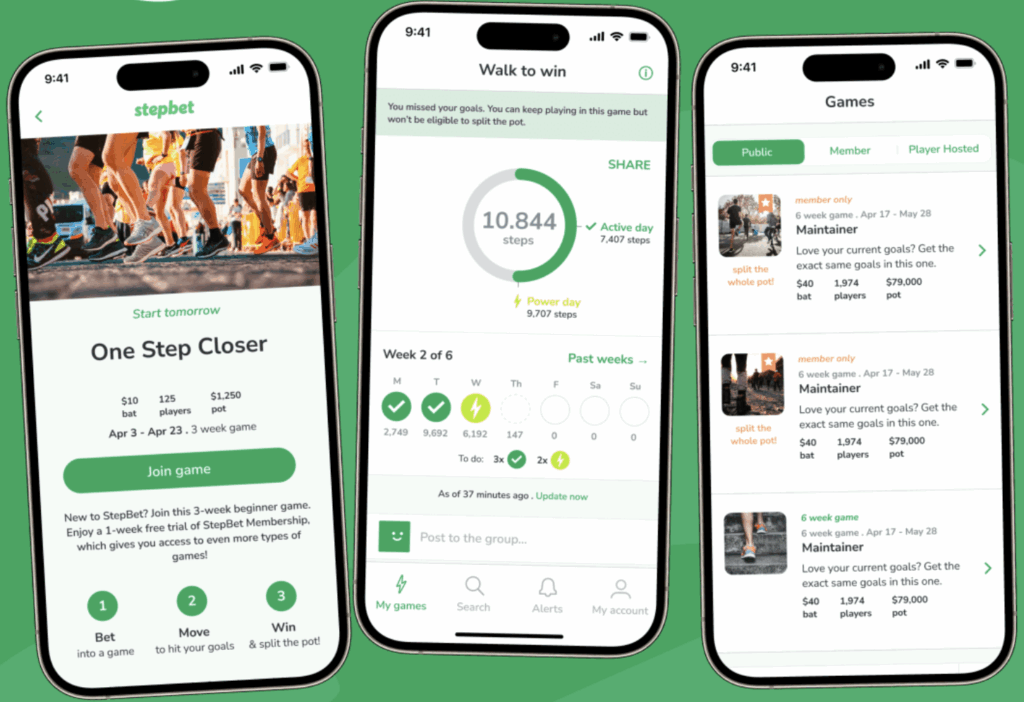
Best for: People motivated by rewards or modest financial stakes.
Quick Comparison
| App | Join Public Challenges | Make Friend Challenges | Extras You’ll Notice |
| Strava | Yes (Challenge Gallery) | Clubs & segments | AI-assisted routes, leaderboard integrity tools. |
| Samsung Health | Global & friend challenges | Yes (Together) | Simple step duels inside the stock health app. |
| adidas Running | Brand events & seasons | Teams & events | Rewards/adiClub tie-ins, charity minutes campaigns. |
| MapMyRun | Official challenges | Yes (create your own) | Friend invites, occasional prizes. |
| Sweatcoin | Yes (community) | N/A | Steps → marketplace/charity; periodic challenges. |
| StepBet | Public “games” by week | Private groups via games | Cash-pot accountability; supports major trackers. |
Start In 10 Minutes: Android-Friendly Workflow
- Pick your vibe: public competition (Strava), friendly duels (Samsung Health), cause-based (adidas Running), DIY group (MapMyRun), or rewards/bets (Sweatcoin/StepBet).
- Connect data once: if you use multiple apps, manage permissions in Health Connect so each app can read/write steps or workouts as you prefer. Data remains stored locally and you control access.
- Join one challenge this week: choose a distance or step goal you can win.
- Invite two friends: social accountability doubles adherence.
- Review on Sunday: did the format motivate you? Switch apps if necessary – your data can stay on-device via Health Connect while you experiment.
Safety, Privacy, And APK-Specific Notes
- Location awareness: These apps rely on GPS or step sensors; follow each app’s safety prompts and be mindful of public leaderboards that might reveal routine routes. Strava details challenge visibility requirements – public activities appear on leaderboards.
- Data control on Android: Health Connect consolidates permissions so you can allow or revoke data sharing per app category at any time; it stores the hub’s data locally.
- Sideloading caution: If you install APKs outside Google Play (to get older versions or region-limited builds), verify file hashes and stick to reputable sources; official challenge pages/support centers are the safest way to join events. (MapMyRun and Strava host public challenge hubs.)
Bottom Line
Community-driven health challenges turn your Android phone into a social fitness engine: Strava for global competition, Samsung Health for friendly step duels, adidas Running for brand events and charity minutes, MapMyRun for custom friend challenges, Sweatcoin and StepBet for tangible rewards.
Whichever you choose, connect it cleanly with Health Connect, pick a realistic goal aligned with WHO activity guidance, and invite a couple of friends. You’ll move more, stick with it longer, and – bonus – have better stories to tell than “I meant to work out.”






